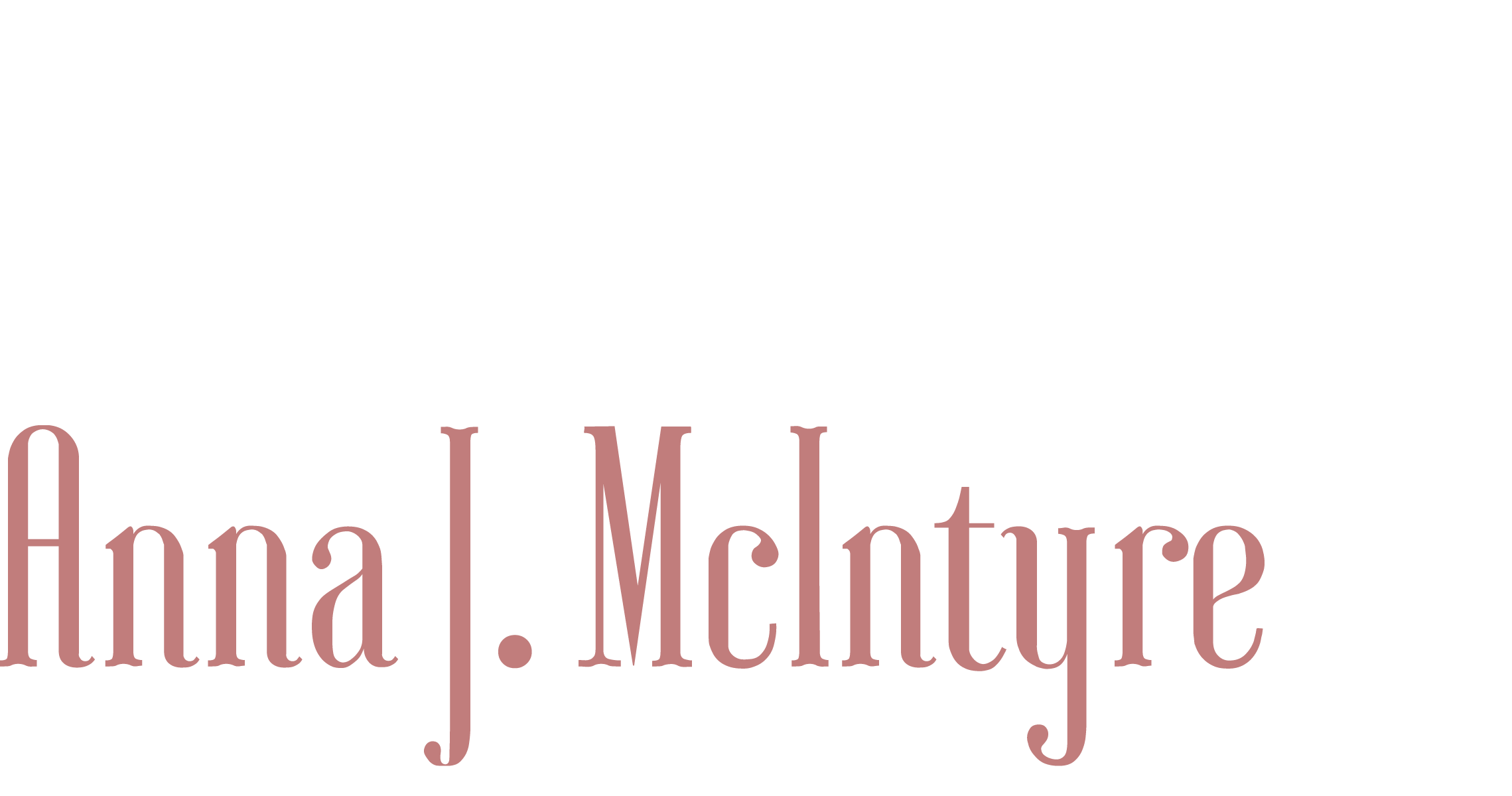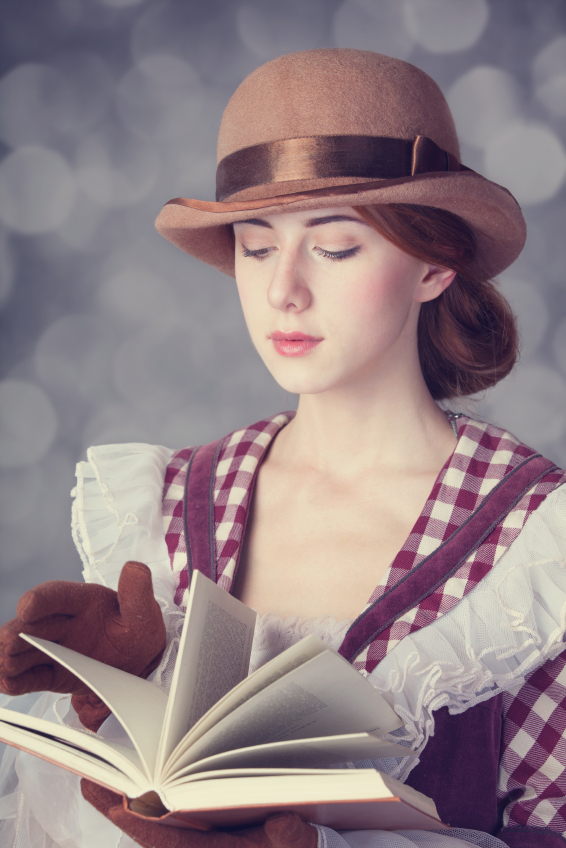Authors are often asked how we go about writing a book—do we have the story mapped out in our head—outlined on paper—or do we simply start with a blank page and see where our muse takes us. For many writers we do have the story mapped out, yet that doesn’t mean we always end up at the intended destination. It’s not uncommon for some unseen force to seize control and take us in an entirely different—yet deliberate—direction.
I didn’t fully realize The Coulson Series was really about the women—not until I completed the last book in the series, Coulson’s Reckoning. It became clear to me; it had always been about the women.
I’ve been asked by some readers if Coulson’s Reckoning is the final book in the series, to which I respond, we’ll see. Someday I’d like to tell the story of Sarah and Hannah, yet they have some growing up to do.
As for the women, we start with Mary Ellen from Coulson’s Wife. While the book has garnered favorable reviews, several reviewers questioned Mary Ellen’s actions—suggesting an independent woman of the 1920s would not have made her choices.
I strongly disagree with that assertion. Even in 2014 we hear too often of seemingly capable, independent and intelligent women trapped in abusive relationships. Therefore, if we go back almost a hundred years, in Mary Ellen’s time, how much power did a woman who had no friends, no family support and no money really have? Sure there were some independent women from the 1920s who dared to defy social conventions, notably flappers—which Mary Ellen was not.
In Randall’s defense, he was not an abusive husband—really no more demanding than other men from his era. One reviewer called him selfish, but considering the mindset from that time, it really was a man’s world. He cared for Mary Ellen, took care of his family and loved as best as he could. Perhaps we’d like to reinvent history and reality and believe a spunky woman could live whatever life she truly wanted—but even now that goal is often unattainable.
The Mary Ellen at the end of Coulson’s Wife is a very different woman from the obedient daughter who agreed to marry Randall Coulson. Perhaps she didn’t achieve the degree of liberation some readers wanted—I sincerely believe her choices were realistic for her time and circumstance.
In my opinion someone who sincerely believes it is more plausible that a woman from 1920 would defy social convention to achieve personal happiness doesn’t have a grasp on reality—or historical accuracy.
Yes, we’ve come a long way baby, but we haven’t quite got there, and neither have the women from The Coulson Series. However, they are evolving, with each generation facing their own challenges and each finding her own unique voice.
Google+
